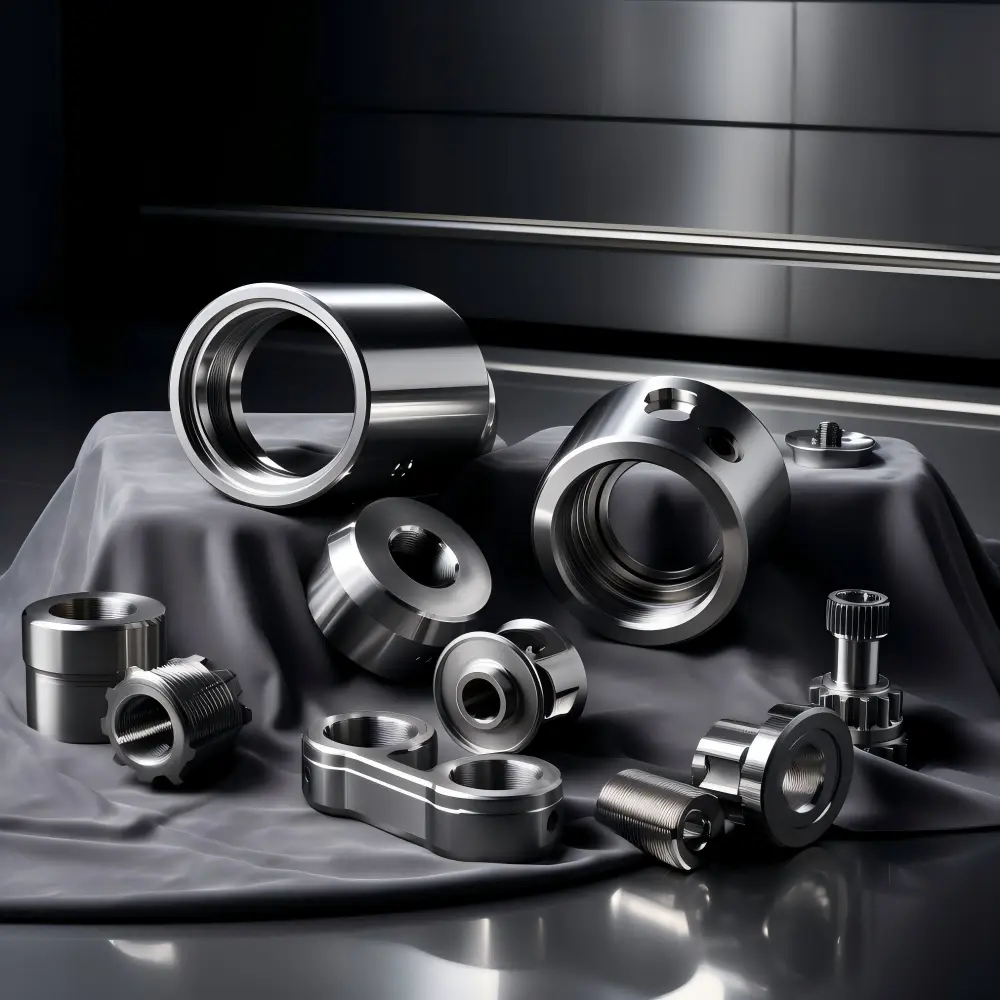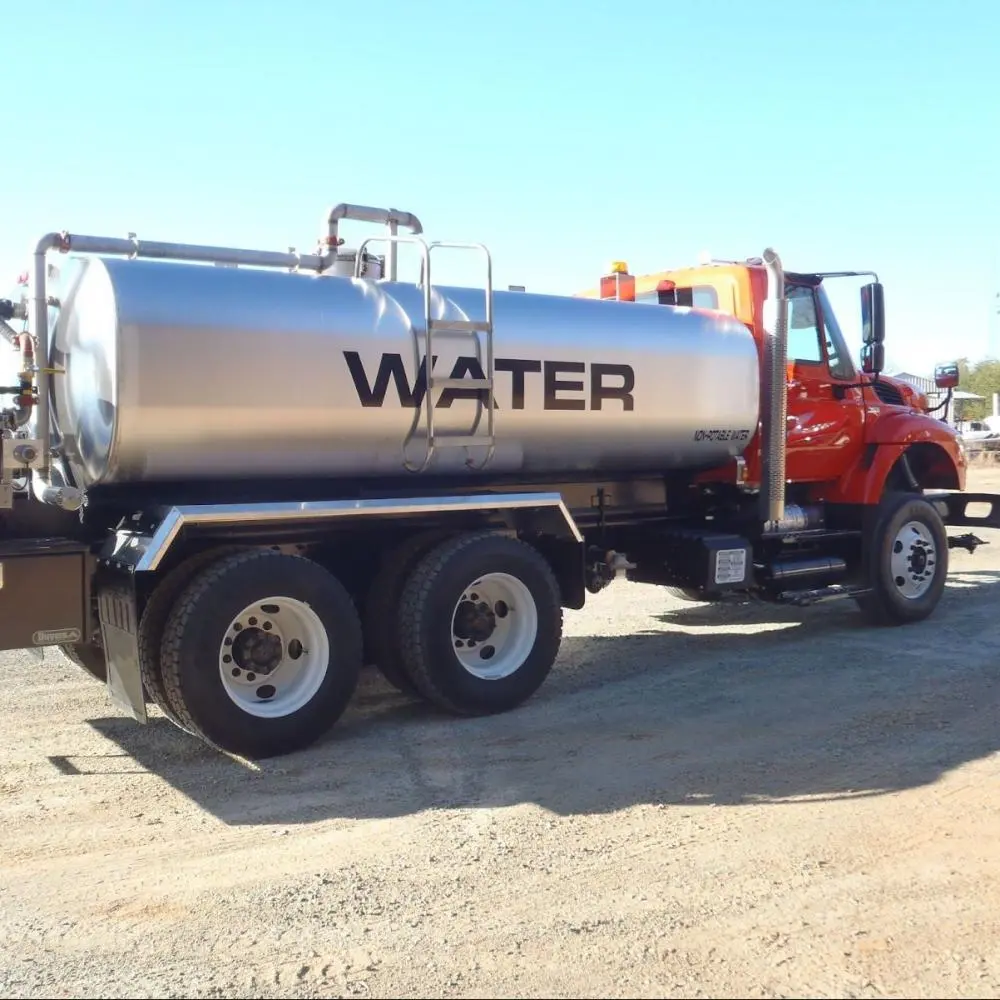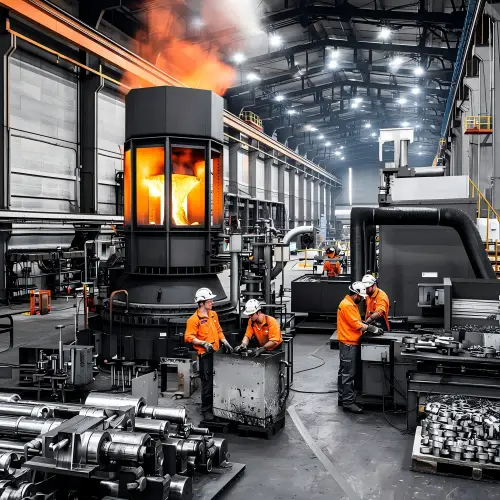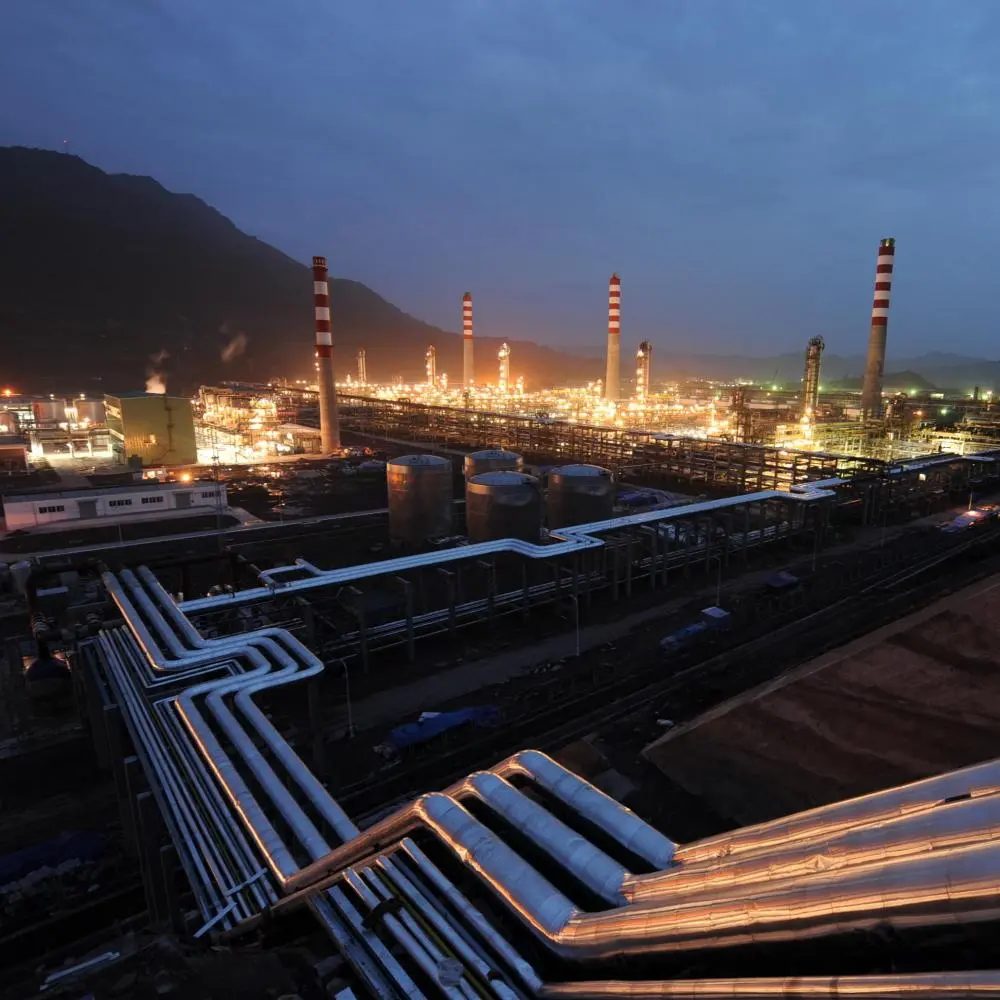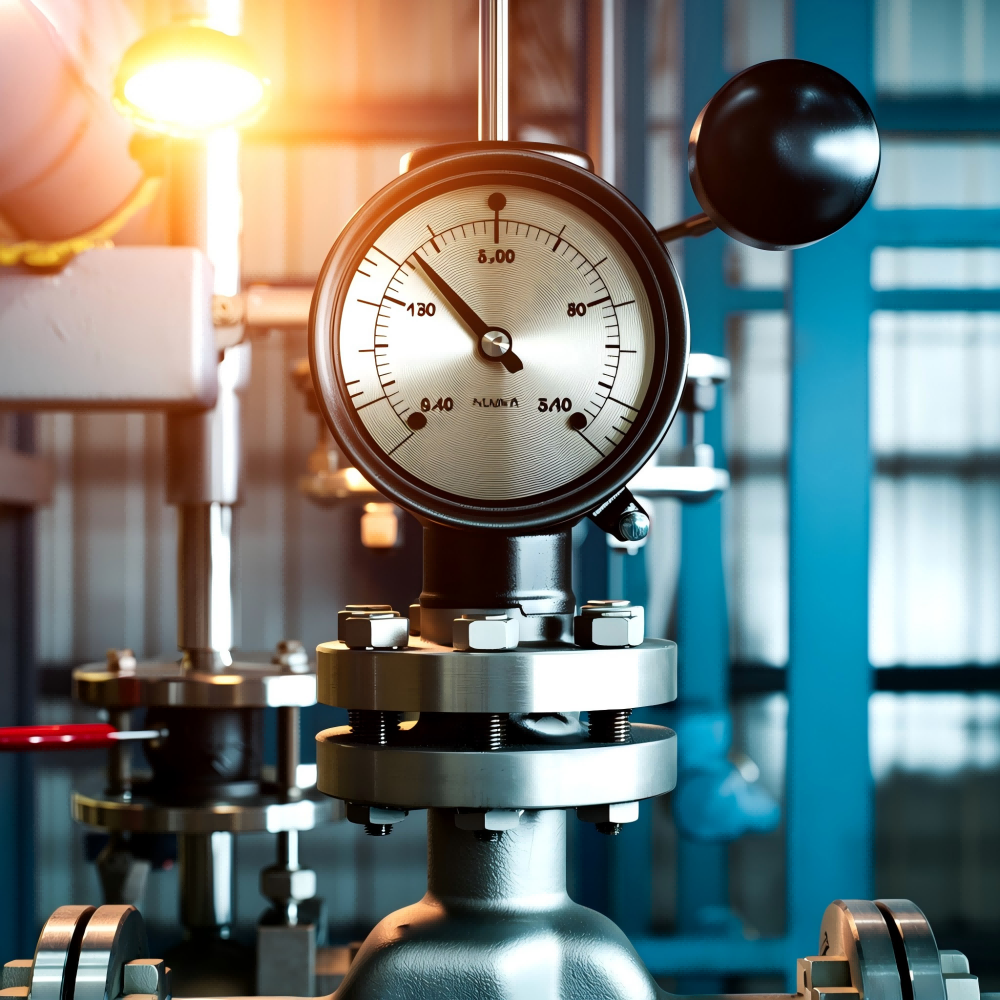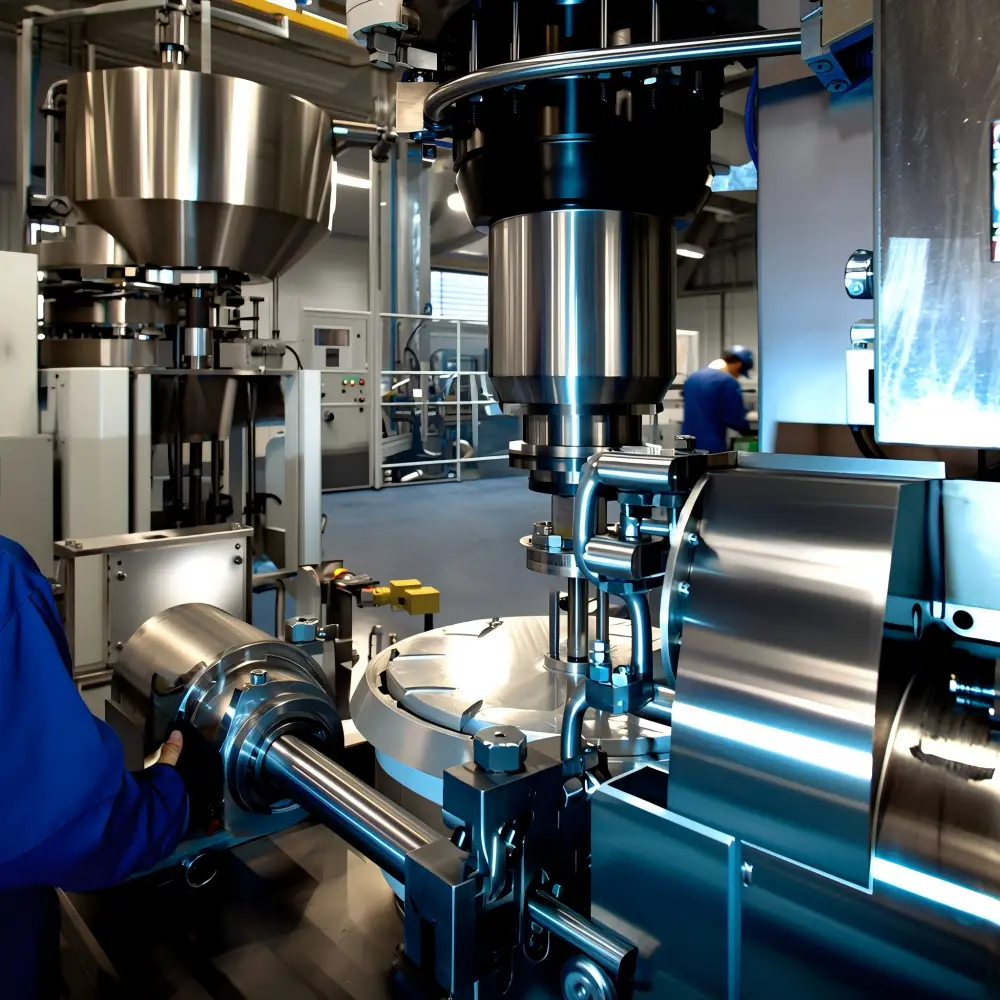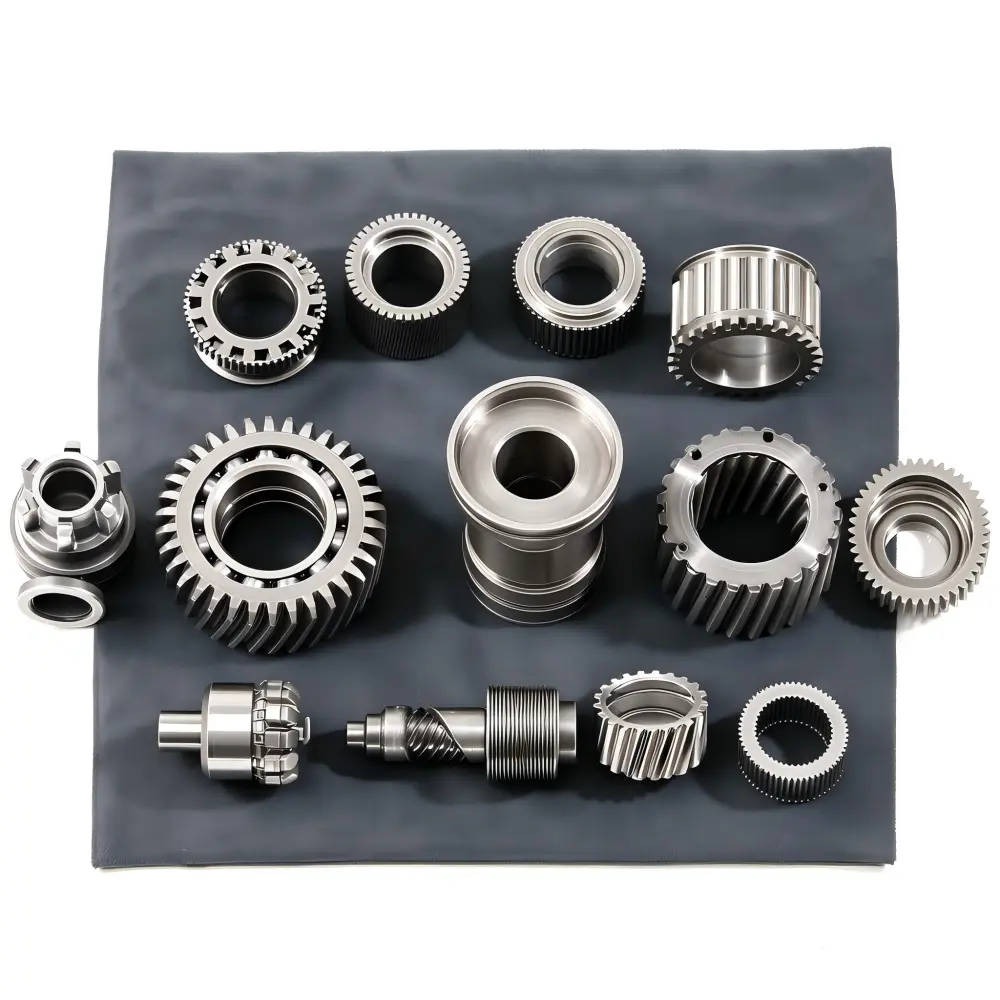How Silicon Bronze Precision Castings Boost Power Systems
Silicon bronze precision castingsplay a pivotal role in advancing electric power systems. Their exceptional electrical conductivity ensures efficient energy transfer, reducing power losses during transmission. These castings exhibit remarkable corrosion resistance, making them ideal for harsh environments like substations and power plants. Their durability and mechanical strength enable them to withstand extreme conditions, ensuring long-term reliability. By combining these properties, silicon bronze Precision Castings provide unmatched performance for critical components in power generation, transmission, and renewable energy systems.
Key Takeaways
- Silicon bronze precision castings enhance electrical conductivity, ensuring efficient energy transfer and minimizing power losses in electric power systems.
- The remarkable corrosion resistance of silicon bronze makes it ideal for harsh environments, extending the lifespan of components in power plants and substations.
- With outstanding mechanical strength, silicon Bronze Castings can withstand high stress and extreme conditions, ensuring long-term reliability in critical applications.
- The precision casting process allows for the creation of complex components with tight tolerances, reducing material waste and ensuring consistent quality.
- Silicon bronze outperforms alternatives like aluminum and brass, offering superior durability, conductivity, and resistance to environmental factors.
- Investing in silicon bronze precision castings can lead to significant cost savings over time due to their longevity and reduced maintenance needs.
- These castings are essential for various applications, including power generation, transmission, and renewable energy systems, contributing to the overall efficiency and reliability of power infrastructure.
What Are Silicon Bronze Precision Castings?
Definition and Composition
Silicon bronze precision castings refer to components crafted from a copper-based alloy that contains silicon as a primary additive. This alloy, often represented by the C87300 designation, combines copper with silicon and small amounts of other elements like manganese or zinc. The resulting material exhibits a unique balance of properties, including excellent mechanical strength, high electrical conductivity, and superior resistance to corrosion. These characteristics make bronze precision castings an ideal choice for demanding applications in electric power systems.
The composition of silicon bronze ensures its versatility. Copper provides the base for its conductivity, while silicon enhances its strength and corrosion resistance. The alloy's ability to maintain its properties under extreme conditions sets it apart from other materials. This makes it a preferred option for components exposed to harsh environments, such as those found in power plants and substations.
Overview of the Precision Casting Process
The precision casting process, also known as precision casting, is a manufacturing technique used to create complex and highly accurate components.
Molten silicon bronze is poured into the ceramic mold, filling every intricate detail. After the metal solidifies, the ceramic shell is broken away, revealing the finished casting. This method allows for the production of components with tight tolerances and intricate geometries, which are essential for electric power applications.
Precision casting offers several advantages. It minimizes material waste, reduces the need for secondary machining, and ensures consistent quality. These benefits make it an efficient and reliable method for producing silicon bronze precision castings used in critical power system components.
Key Benefits of Silicon Bronze Precision Castings in Electric Power Systems
Superior Electrical and Thermal Conductivity
Silicon bronze precision castings deliver exceptional electrical conductivity, which ensures efficient energy transfer in electric power systems. This property minimizes energy losses during power transmission, making these castings a reliable choice for critical components like connectors and terminals. The high thermal conductivity of silicon bronze also plays a vital role in dissipating heat generated by electrical currents. This capability prevents overheating and enhances the performance of power system components.
The combination of electrical and thermal conductivity makes silicon bronze precision castings indispensable in applications where efficiency and reliability are paramount. These properties contribute to the overall stability and functionality of power generation and distribution systems.
Corrosion Resistance in Harsh Environments
Silicon bronze precision castings exhibit remarkable resistance to corrosion, even in the most challenging environments. This characteristic makes them ideal for use in substations, power plants, and outdoor installations where exposure to moisture, chemicals, and extreme weather conditions is common. Unlike other materials that degrade over time, silicon bronze maintains its structural integrity and performance under such conditions.
The corrosion resistance of silicon bronze extends the lifespan of components, reducing the need for frequent replacements. This durability ensures that power systems remain operational and cost-effective over extended periods, even in environments prone to wear and tear.
Mechanical Strength and Long-Term Durability
Silicon bronze precision castings offer outstanding mechanical strength, enabling them to withstand high levels of stress and pressure. This strength ensures that components can handle the demands of modern electric power systems, including heavy loads and extreme operating conditions. The material's durability further enhances its suitability for long-term use in critical applications.
The robust nature of silicon bronze precision castings reduces the risk of mechanical failure, which is crucial for maintaining the reliability of power systems. Their ability to endure harsh conditions and prolonged use makes them a preferred choice for engineers and manufacturers seeking dependable solutions for electric power infrastructure.
Applications of Silicon Bronze Precision Castings in Electric Power Systems
Power Generation Equipment
Silicon bronze precision castings play a critical role in power generation equipment. Turbines, generators, and other machinery rely on components made from this material to ensure optimal performance. The high electrical conductivity of silicon bronze enhances energy efficiency in these systems. Its ability to withstand extreme temperatures and mechanical stress makes it suitable for demanding environments within power plants. Engineers often select silicon bronze for its durability, which reduces the frequency of maintenance and replacement.
The corrosion resistance of silicon bronze also proves advantageous in power generation facilities. Components exposed to steam, chemicals, or moisture maintain their structural integrity over time. This reliability ensures uninterrupted operation, which is essential for meeting energy demands. Silicon bronze precision castings contribute to the longevity and efficiency of power generation equipment, making them indispensable in this sector.
Power Transmission and Distribution Components
Power transmission and distribution systems depend on robust and reliable components. Silicon bronze precision castings meet these requirements by offering superior mechanical strength and conductivity. Connectors, terminals, and bus bars made from silicon bronze ensure efficient energy transfer across the grid. These components minimize energy losses, which improves the overall efficiency of power distribution networks.
The material's resistance to environmental factors further enhances its suitability for outdoor installations. Silicon bronze components withstand exposure to rain, wind, and temperature fluctuations without degrading. This resilience reduces the risk of system failures and ensures consistent power delivery. By incorporating silicon bronze precision castings, power transmission and distribution systems achieve greater reliability and performance.
Renewable Energy Systems
Renewable energy systems, such as solar and wind power installations, benefit significantly from silicon bronze precision castings. These systems require components that can endure harsh conditions while maintaining efficiency. Silicon bronze's corrosion resistance and mechanical strength make it an ideal choice for connectors, fasteners, and other critical parts in renewable energy applications.
In solar power systems, silicon bronze components support the efficient transfer of electricity from photovoltaic panels to the grid. Wind turbines also rely on this material for parts that must endure high stress and environmental exposure. The durability of silicon bronze ensures that renewable energy systems operate reliably over extended periods. This contributes to the sustainability and cost-effectiveness of clean energy solutions.
Why Silicon Bronze Precision Castings Are Preferred Over Other Materials
Comparison with Aluminum, Brass, and Other Alloys
Silicon bronze precision castings outperform many other materials, including aluminum, brass, and alternative alloys, in critical power system applications. Aluminum, while lightweight and cost-effective, lacks the mechanical strength and corrosion resistance required for demanding environments. Components made from aluminum often degrade faster when exposed to moisture or chemicals, leading to frequent replacements and higher maintenance costs.
Brass, another commonly used alloy, offers moderate corrosion resistance but falls short in terms of electrical conductivity and durability. Brass components may struggle to maintain performance under extreme conditions, such as high temperatures or heavy mechanical loads. In contrast, silicon bronze combines superior electrical conductivity with exceptional mechanical strength, making it a more reliable choice for power systems.
Other alloys, such as stainless steel, provide excellent strength but lack the electrical and thermal conductivity necessary for efficient energy transfer. Silicon bronze bridges this gap by delivering a balanced combination of properties. Its ability to withstand harsh environments while maintaining performance sets it apart from competing materials. Engineers and manufacturers consistently prefer silicon bronze for its unmatched versatility and reliability in electric power applications.
Cost-Effectiveness and Long-Term Value
Silicon bronze precision castings offer significant cost-effectiveness and long-term value, especially in critical power infrastructure. While the initial material cost may be higher than some alternatives, the extended lifespan and reduced maintenance requirements of silicon bronze components result in lower overall expenses. The material's durability minimizes the need for frequent replacements, reducing downtime and operational disruptions.
The corrosion resistance of silicon bronze further enhances its value. Components exposed to harsh conditions, such as outdoor installations or industrial environments, maintain their structural integrity over time. This longevity translates to fewer failures and consistent performance, ensuring the reliability of power systems.
Additionally, the precision casting process used for silicon bronze allows for the production of complex and highly accurate components. This reduces material waste and eliminates the need for extensive secondary machining, further lowering production costs. By combining durability, efficiency, and precision, silicon bronze precision castings provide a cost-effective solution that delivers long-term benefits for electric power systems.
Silicon bronze precision castings play a crucial role in ensuring the efficiency and reliability of modern electric power systems. Their exceptional properties, such as electrical conductivity, corrosion resistance, and mechanical strength, make them indispensable for critical applications. These castings enhance the performance and longevity of power infrastructure, reducing maintenance needs and operational costs. By integrating this advanced material, engineers and manufacturers can build sustainable and robust systems that meet the growing demands of energy production and distribution.
FAQ
What is silicon bronze, and why is it used in precision castings?
Silicon bronze is a copper-based alloy that includes silicon as a primary additive.
How does the precision casting process benefit electric power applications?
The precision casting process, also known as investment casting, creates components with intricate geometries and tight tolerances.
What makes silicon bronze better than other materials like aluminum or brass?
Silicon bronze outperforms aluminum and brass in several key areas. It offers superior corrosion resistance, higher mechanical strength, and better electrical conductivity. Aluminum may degrade quickly in harsh environments, while brass lacks the durability and conductivity needed for demanding applications. Silicon bronze provides a balanced combination of properties, making it the preferred choice for critical power system components.
Can silicon bronze precision castings withstand extreme conditions?
Yes, silicon bronze precision castings can endure extreme conditions. The material resists high temperatures, corrosive environments, and mechanical stress. These properties ensure long-term durability and reliability, even in challenging settings like power plants, substations, and outdoor installations.
Are silicon bronze precision castings cost-effective?
Silicon bronze precision castings offer excellent long-term value. While the initial cost may be higher than some alternatives, their durability and low maintenance requirements reduce overall expenses. The material's longevity minimizes the need for frequent replacements, resulting in lower operational costs over time.
What types of components in power systems use silicon bronze precision castings?
Silicon bronze precision castings are used in various components, including connectors, terminals, bus bars, and fasteners. These parts play essential roles in power generation equipment, transmission and distribution systems, and renewable energy installations. Their reliability and performance make them indispensable in these applications.
How does silicon bronze improve the efficiency of power systems?
Silicon bronze enhances power system efficiency through its high electrical and thermal conductivity. These properties ensure efficient energy transfer and effective heat dissipation, reducing energy losses and preventing overheating. This improvement contributes to the overall stability and performance of power infrastructure.
Is silicon bronze environmentally friendly?
Silicon bronze is considered environmentally friendly due to its durability and recyclability. Its long lifespan reduces waste, and the material can be recycled at the end of its service life. These factors make it a sustainable choice for modern power systems.
What industries benefit from silicon bronze precision castings?
Industries such as energy, manufacturing, and renewable energy benefit significantly from silicon bronze precision castings. Power plants, substations, and solar or wind energy installations rely on these components for their durability, efficiency, and reliability. The material's versatility makes it suitable for a wide range of industrial applications.
How do engineers ensure the quality of silicon bronze precision castings?
Engineers ensure the quality of silicon bronze precision castings through rigorous testing and inspection processes. These include dimensional checks, material composition analysis, and performance evaluations. The precision casting process itself also guarantees consistent quality by producing components with tight tolerances and minimal defects.






